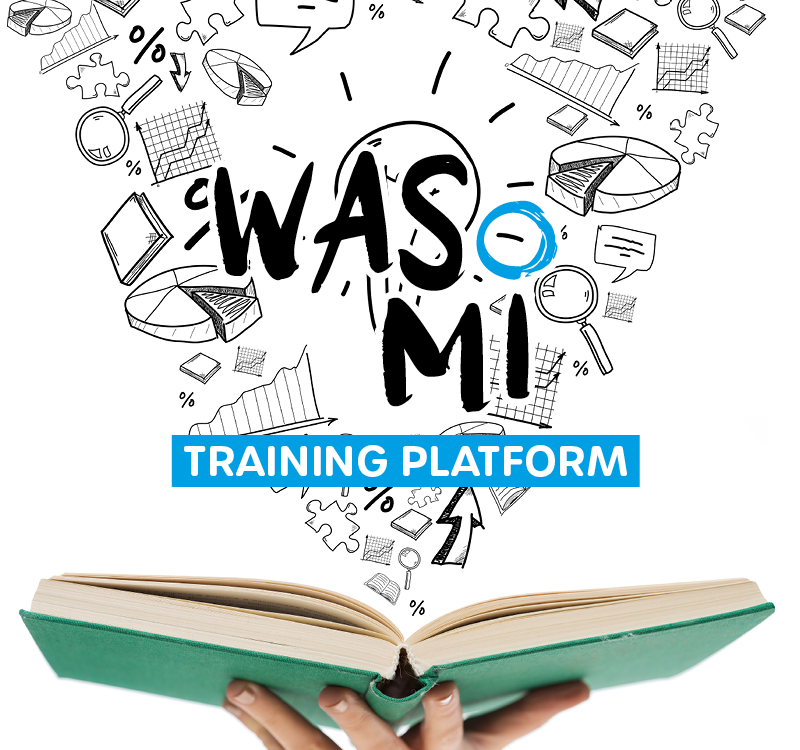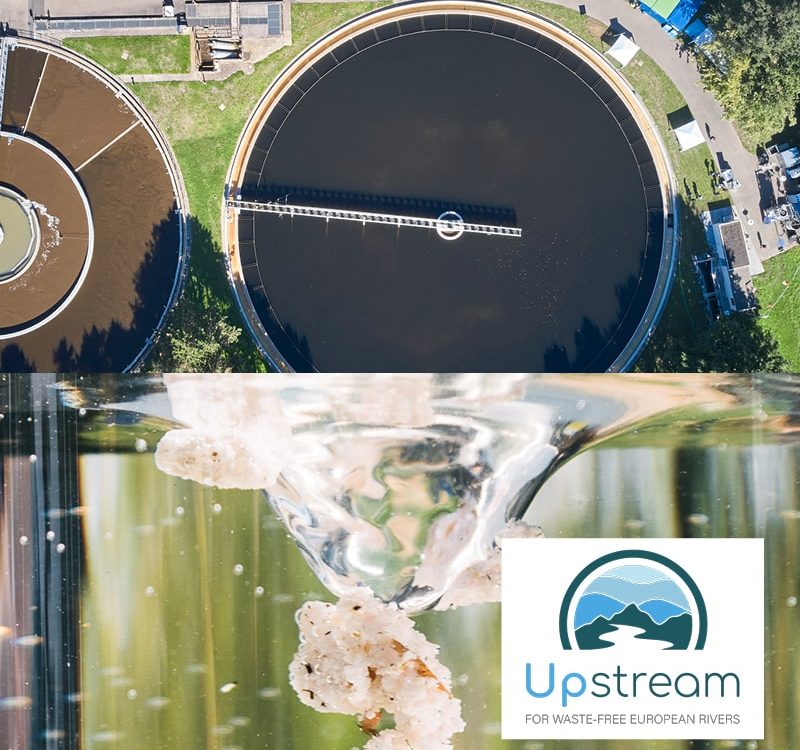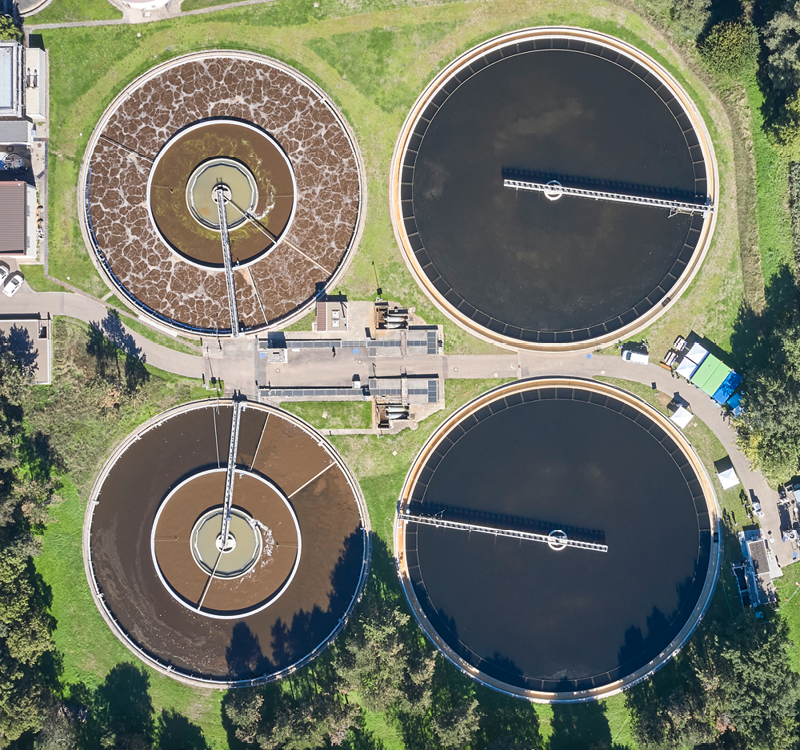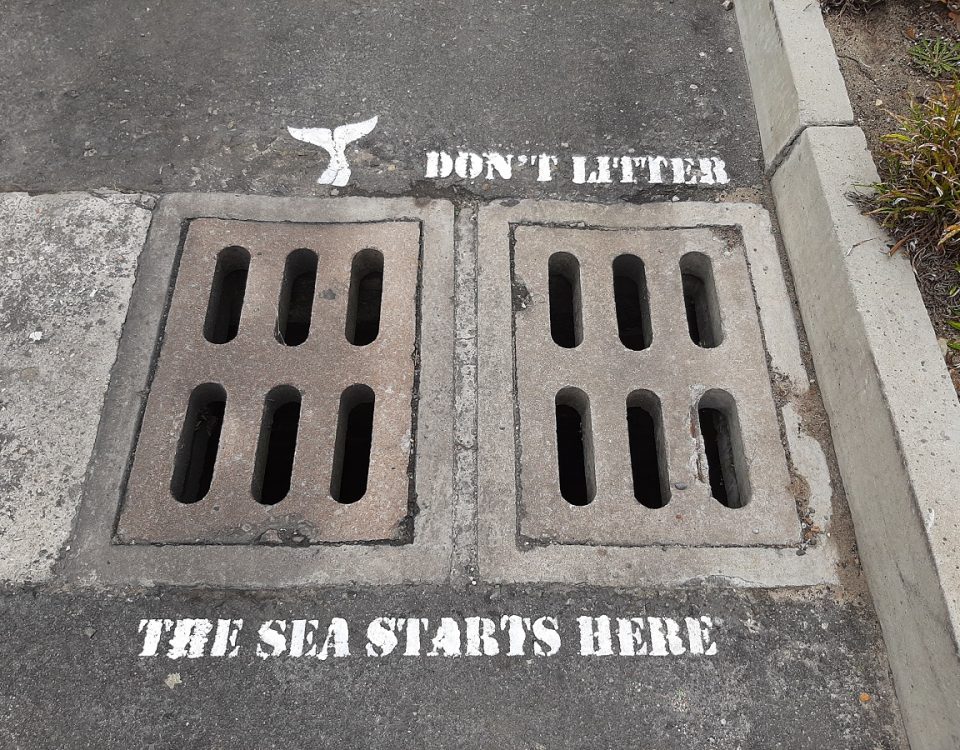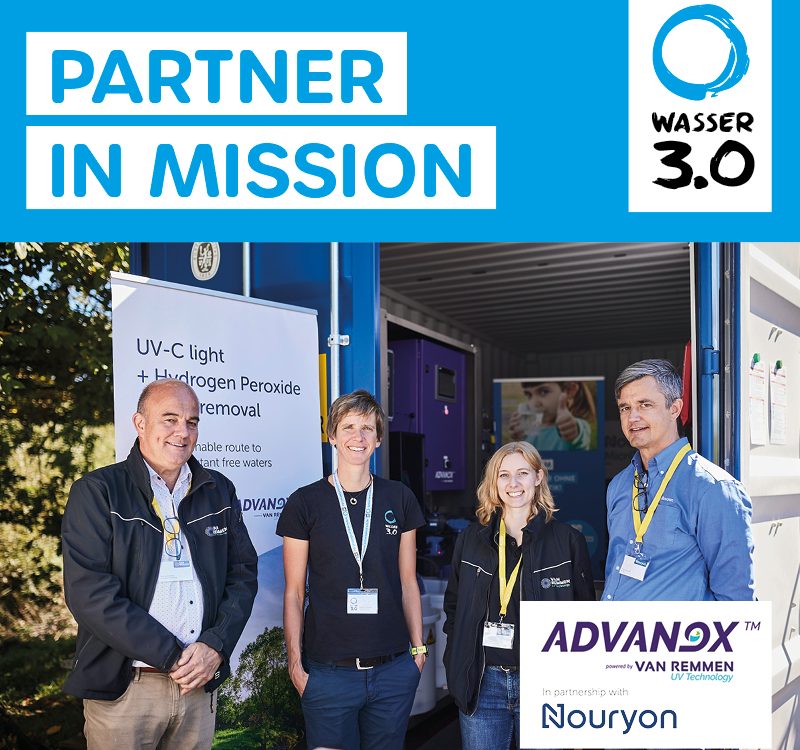8. March 2024
As an interdisciplinary team of experts on a mission for water without microplastics, it is our pleasure and concern to share our knowledge and make it accessible to the next generation in the simplest and most appealing way possible.
The basis for FREIRÄUME is provided by the scientifically sound digital-real educational space WASoMI. Our chemists, environmental scientists and sustainability experts have contributed their knowledge to it. Thanks to the support of the Postcode Lottery participants, we were able to implement the FREIRÄUME project last year and take the wealth of knowledge about water without microplastics to the next level.

